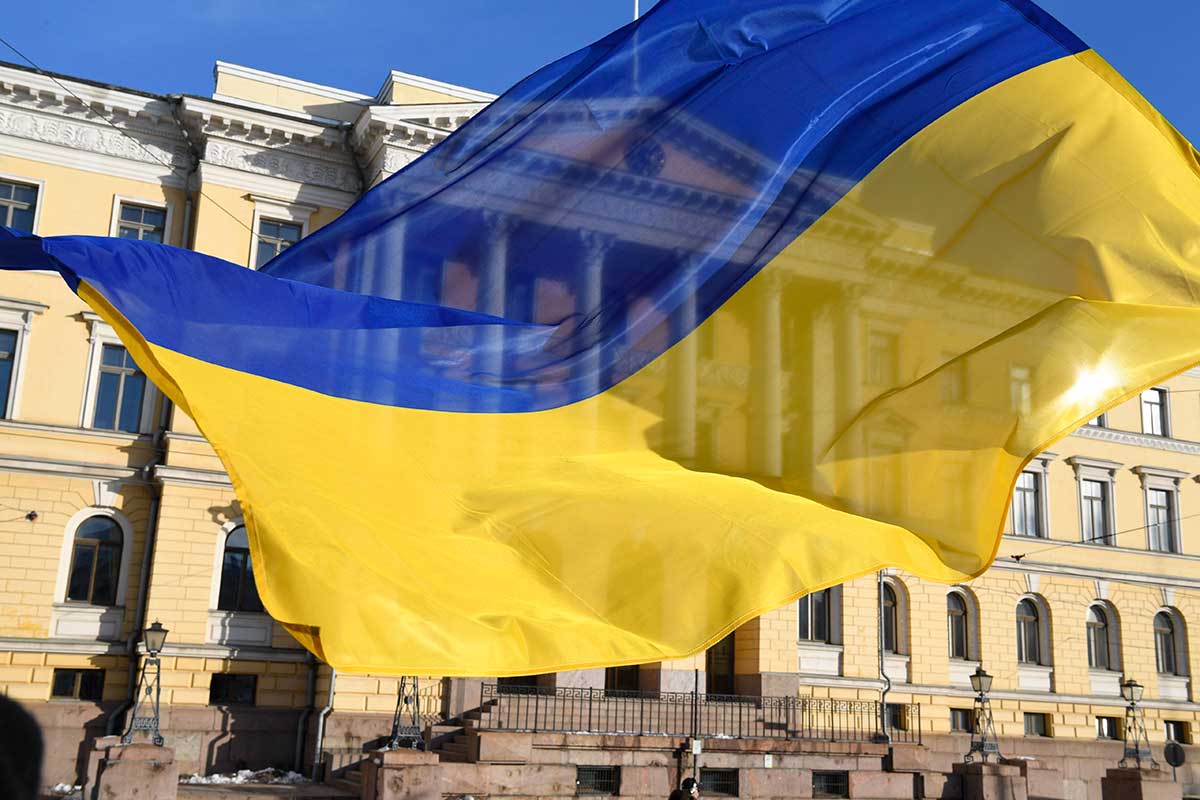
Since the Russian invasion of Ukraine, the international trade union movement has helped Ukraine in various ways: by collecting food, pharmaceuticals and clothes, and by providing transport and accommodation for refugees.
The European trade union community has also collected millions of euros to help Ukraine. This aid has been channelled through UNICEF, the Red Cross and local trade unions. Several trade unions have also established information services in several countries that have received large numbers of Ukrainian refugees. These information services provide information and assistance, helping Ukrainians to find employment and prevent them becoming victims of human trafficking.
The Federation of Trade Unions of Ukraine (FPU) has set up ten locations across Ukraine that already provide emergency shelters for some 55,000 people. In Poland and Slovakia, trade unions have also arranged emergency shelters for hundreds of refugees. In addition, trade unions in many countries close to Ukraine are providing refugees with food and clothes and are seeking emergency shelters.
With other Finnish central organisations, STTK has donated funds to help Ukraine and it also assisting Ukraine through its international network.
For more information: Jaakko Haikonen, jaakko.haikonen@sttk.fi. International Affairs.


